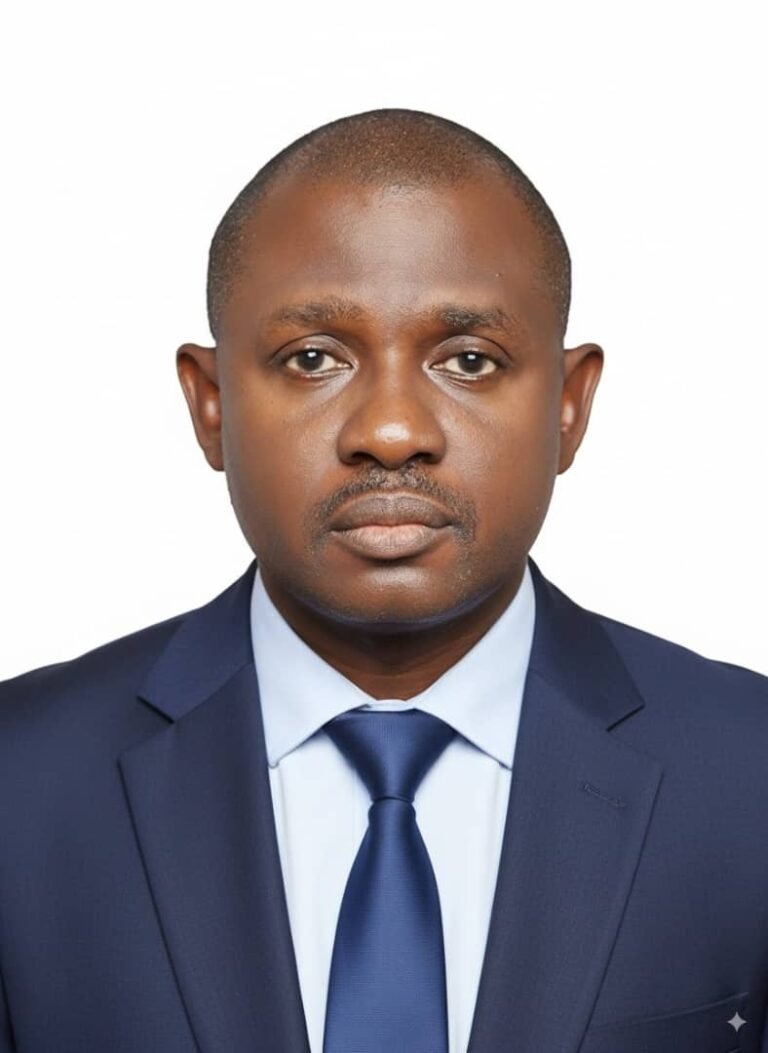In the heart of Nigeria’s southwest, Osun State finds itself at a defining moment. Known as the cradle of Yoruba culture and the custodian of a UNESCO heritage site, the state is more than just an administrative entity — it is a symbol of identity, pride, and possibility. Yet, beneath the rhythm of festivals and the echoes of tradition lies a fierce contest often described as the battle for the soul of Osun State.
This struggle is not merely about electoral victories. It is about competing visions of governance, the economic survival of a people, and the search for leaders who can steer Osun away from unfulfilled promises and into a future of prosperity. Today, three political parties — the Peoples Democratic Party (PDP), the All Progressives Congress (APC), and the African Democratic Congress (ADC) — stand at the center of this contest.
PDP: Riding the Wave of Populism
The PDP reclaimed Osun in 2022, with Governor Ademola Adeleke’s victory marking a dramatic shift in the state’s political landscape. Adeleke, widely known for his populist appeal and relatable personality, rode on a wave of promises to ease the state’s financial burdens, clear salary arrears, and prioritize the welfare of ordinary citizens.
Two years on, the administration is under pressure to convert goodwill into concrete results. The inherited debt profile, infrastructural decay, and a sluggish economy remain stumbling blocks. While Adeleke has made strides in education and wage payments, critics argue that his policies lean heavily on populist gestures rather than long-term economic transformation.
For the PDP, the battle is about consolidation — proving that its return to power is not a fleeting protest vote but a mandate that can deliver real change.
APC: Struggling to Regain Lost Ground
Once the dominant force in Osun, the APC now finds itself regrouping after losing power. The party, which held sway for over a decade, still commands loyalty in several strongholds, especially among those who credit its past governments with ambitious infrastructural projects such as road construction and school revitalization.
However, its record is clouded by the same debt burden that haunts the state today. The APC faces the challenge of rebranding itself as a responsible opposition and convincing voters that it can offer stability and fiscal discipline where the PDP has faltered. Internal party divisions and leadership tussles have not helped its recovery. Still, the APC remains a formidable player with deep structures that cannot be easily dismissed.
ADC: The Emerging Third Force
The African Democratic Congress (ADC) is Osun’s wild card. Though lacking the financial firepower of PDP and APC, it has begun carving a niche as a credible alternative. With Nigeria’s youth making up the bulk of Osun’s population, the ADC’s emphasis on job creation, agricultural modernization, and digital innovation resonates with first-time voters and professionals weary of recycled political elites.
Grassroots mobilization has become the ADC’s strategy, particularly in semi-urban and rural areas where frustration with the two dominant parties is highest. While it is yet to win major offices in the state, analysts argue that ADC’s growing presence could shift the balance of power — either by winning key legislative seats or by splitting votes in future gubernatorial contests. For many, the ADC represents the possibility of breaking the two-party chokehold that has long defined Osun politics.
The Economic and Social Fault Lines
Beyond politics, the state faces daunting realities. Osun’s debt profile limits development spending, while unemployment and underemployment fuel discontent among the youth. Despite its agricultural potential and rich cultural tourism opportunities, the state struggles with low revenue generation.
Socially, the challenges are equally pressing. The rise of cultism, insecurity, and drug abuse threatens the moral fabric of communities. Meanwhile, the tension between preserving tradition — exemplified by the globally celebrated Osun-Osogbo Festival — and embracing modernization reflects the identity struggle at the heart of the state’s development.
A Test of Governance and Vision
Ultimately, the “battle for the soul of Osun State” is not just about PDP, APC, or ADC. It is about whether governance can move beyond partisan warfare to focus on people-centered development. The question is whether Osun can harness its youthful population, rich cultural heritage, and agricultural resources to chart a new course.
For the PDP, the test is delivery. For the APC, it is reinvention. For the ADC, it is proving that ideals can be matched with structure and results. The people of Osun — hopeful but cautious — watch closely.
Conclusion
The struggle in Osun is more than an electoral drama; it is a referendum on leadership, accountability, and the future of democracy in Nigeria’s southwest. Whoever wins the trust of the people must do more than occupy Abere, the seat of government — they must win the soul of a state yearning for renewal.
Dr. Olatunbosun was the Labour Party Candidate in Ife East Local Government for the Osun State House of Assembly election in 2023.


1 Comment
That is very good. This development will ease the stress of the masses as the Governor took the right step